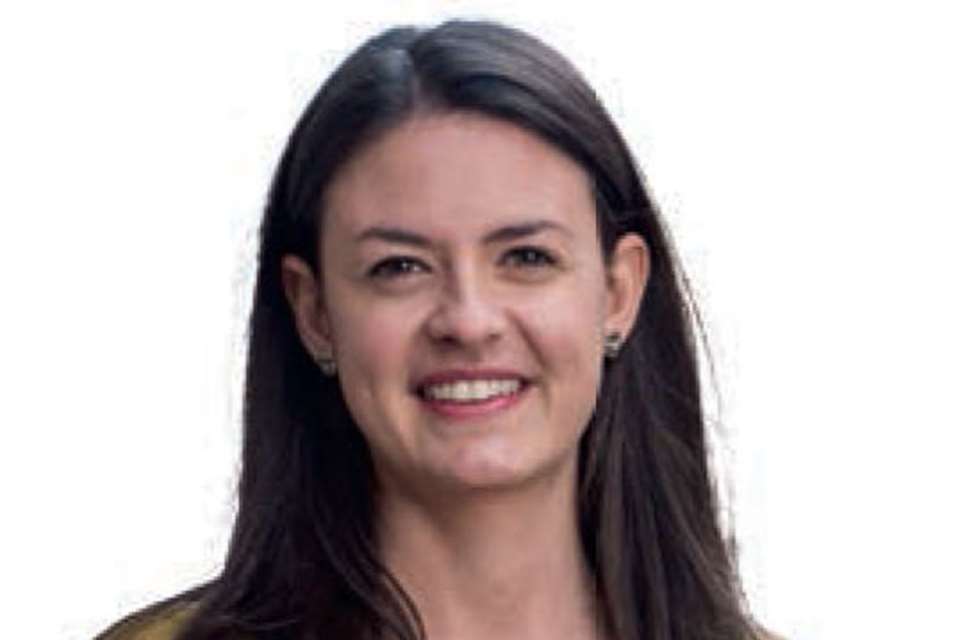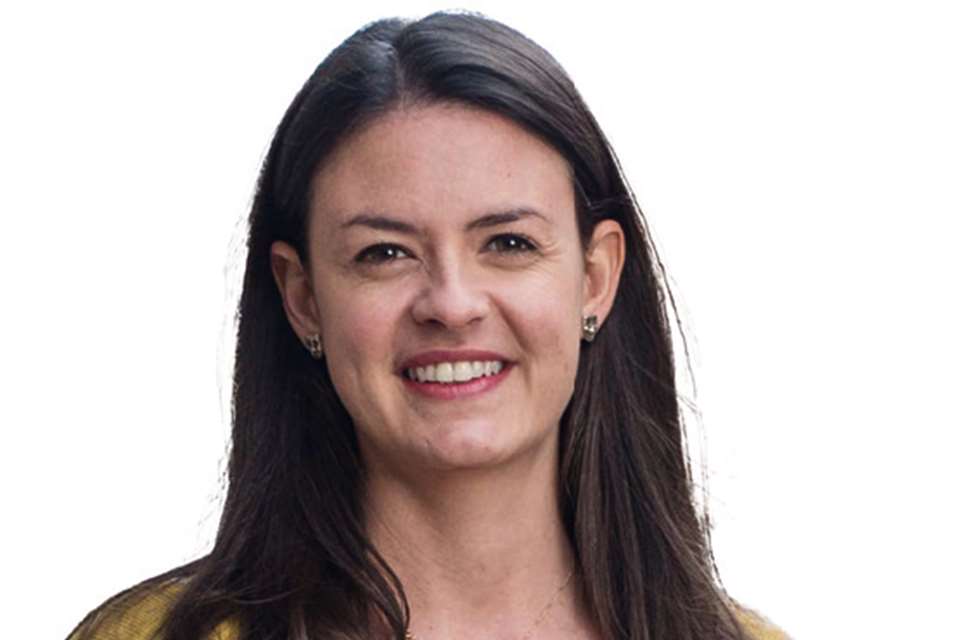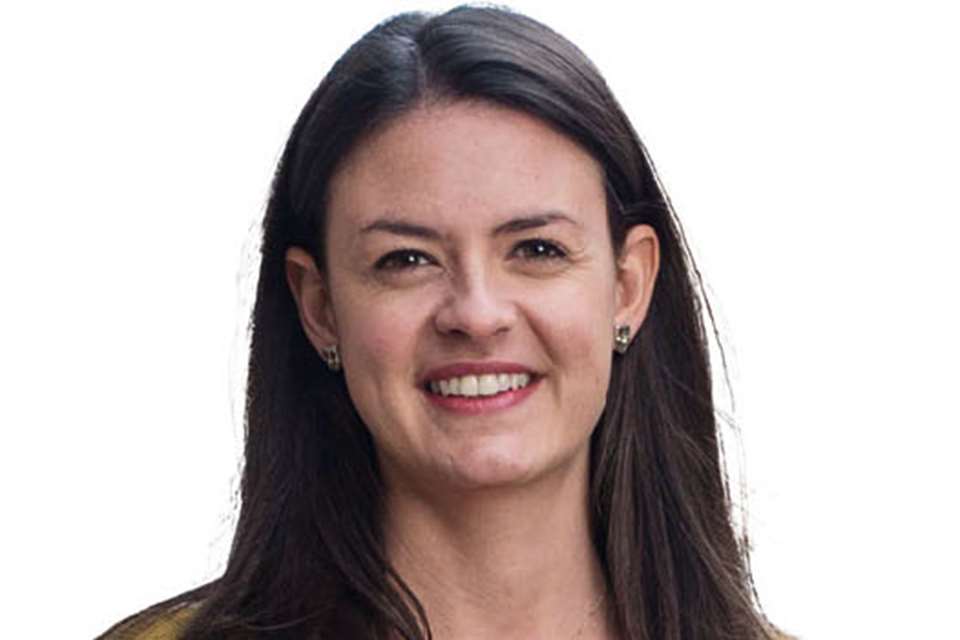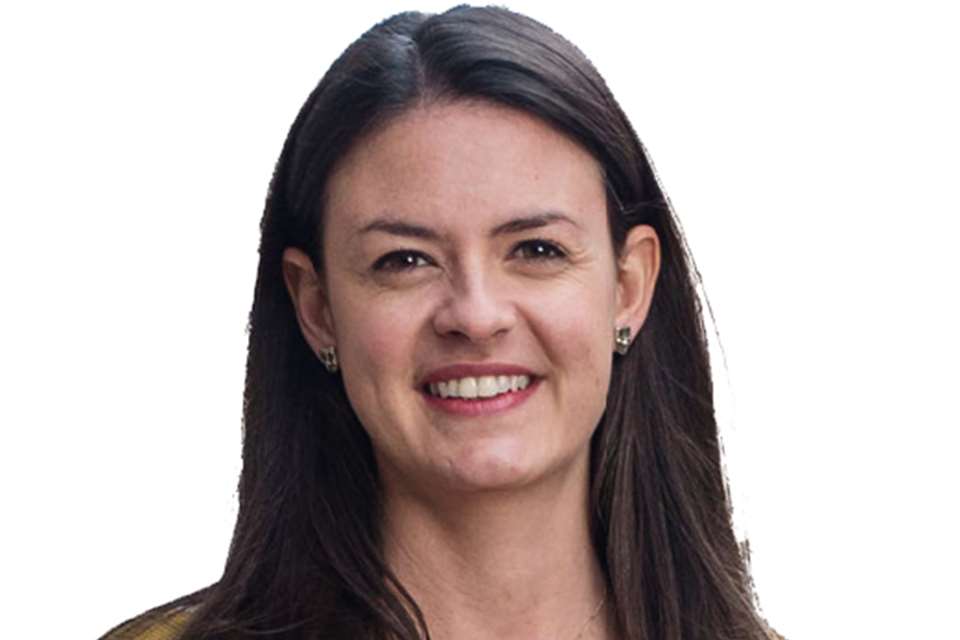Editorial: Autumn Term 2 2021-22
Sarah Lambie
Friday, October 1, 2021
Shifting perspectives

In 1 October a 12-minute short film premiered online, (on a platform called mubi.com where it is still available to view) entitled Play it Safe. I had the opportunity to preview the film before its launch and I recommend it to all D&T's readers. It's not perfect by any means: the writing and several of the performances are decidedly clunky – however it's worth sitting out, as the subject-matter of the film, and the execution of its direction (by Mitch Kalisa) and shooting (by cinematographer Jamie Ackroyd), make it extremely powerful and thought-provoking, with a very strong, subtle central performance by Jonathan Ajayi.
It explores unintended, ingrained prejudice at play in classroom drama settings – what the makers of the film refer to as ‘institutional micro aggressions' taking place in ‘perceivably liberal safe spaces' – and it highlights how knotty issues of representation really are: how important it is for representation of race not to be lazily stereotypical; how it isn't enough simply to feature a diversity of people in works of art, but to think hard about how that diversity is featured. It does so by putting the viewer firmly in the POV of a young black actor in a class of white actors in training, and it makes for uncomfortable viewing. It was shot at ArtsEd and draws on the lived experience of the film's makers through the years of their own training. I'd recommend it for teachers but also as a trigger for useful, mature and open discussion among students, should you share it with them.
This comes at a particularly apposite moment in the history of drama school training, as campaign group The Diversity School Initiative has announced that it is to close in December after four years of holding drama schools to account on diversity. Co-founders Maame Atuah, Steven Kavuma and Mumba Dodwell have said that it is time to ‘let go’ as drama schools continue to address under-representation alone. It is promising to see perspectives shifting and changes being made. Representation, diversity and wellbeing support are absolutely central to the future of the arts but must be addressed at grassroots level, from the earliest years of young creatives' educations, and not only when they go out into the working world.
On page 30 of this issue, our Practitioner Focus page introduces a theatre maker whose work I was unfamiliar with until she was recommended to me by a reader – Angelique Rockas, founder of The Internationalist Theatre Company which was a pioneer in race-blind casting in classic theatre in the UK, in the 1980s. This is a historic example of theatre work addressing representation in the most valuable manner, and I'm pleased to have had it brought to my attention by a reader of the magazine – do, please, get in touch with suggestions, as I am always seeking ways to be directly and practically useful to teachers in the choosing and commissioning of content.
Wishing you a productive second half of the Autumn term,
Sarah Lambie, Editor.







